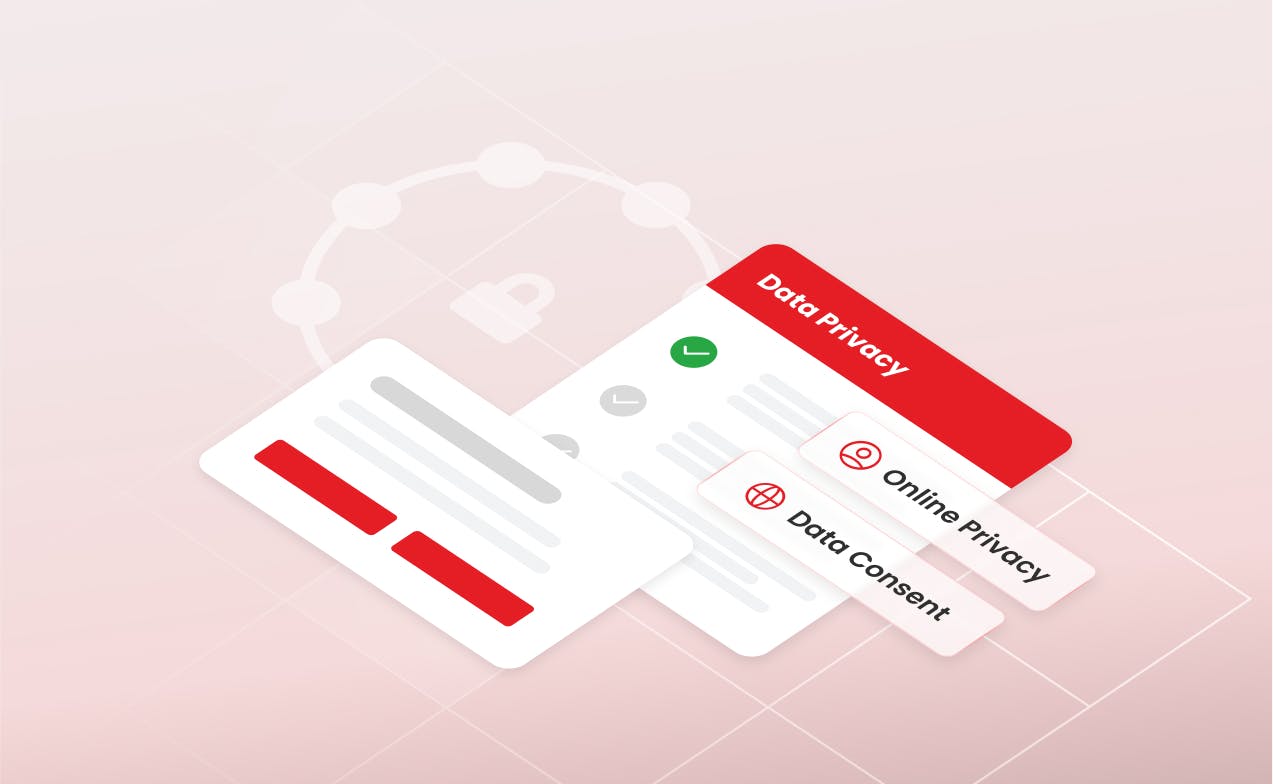
Modern data privacy goes far beyond compliance and cookie banners. It’s a strategic, enterprise-wide priority that blends technology, culture, and trust. Businesses that embed privacy into operations—through leadership, employee awareness, and transparent practices—build resilience, strengthen customer loyalty, and turn privacy from a legal obligation into a competitive advantage.
When most enterprises think of data privacy, images of cookie banners, compliance checklists, and IT configurations likely come to mind. Yet, as digital ecosystems expand, the conversation around privacy, and especially consent, must reach beyond IT silos. Privacy isn’t just technical. It does demand technical solutions like consent management platforms (CMPs), but it is also just as much a strategic imperative that intertwines with business culture, legal compliance, marketing effectiveness, and long-term trust.
As a recent article from Insurance Business highlights, tightening regulations and heightened public scrutiny are pushing organizations to reevaluate how they manage digital risk, not just for compliance, but for operational resilience and preserving value over time.
This sentiment is echoed across other industries. For instance, TechRadar recently emphasized that trust itself is a competitive advantage. Upwards of 87 % of consumers say they'd abandon brands that mishandle their personal data. Businesses that prioritize transparency, data minimization, and user control not only avoid reputational damage but also reap loyalty and brand strength.
Moreover, consultancy PwC advises business leaders to "reset" their privacy strategies, moving beyond reactive protection models to proactive, enterprise-wide commitments that align privacy with broader business goals.
Policies and compliance are essential, but they’re only the starting point. TechRadar warns that over half of UK businesses have encountered GDPR-related issues even years after its enforcement, illustrating that ticking boxes isn’t enough.
Instead, cultivating a strong data privacy culture is far more impactful. That means embedding privacy awareness across departments, from marketing and procurement to product development and HR, empowering employees to understand why privacy matters, not just what the rules are.
Leadership plays a pivotal role here. When executives and managers model responsible data behavior, they send a clear message that privacy is as important as performance. Continuous, role-specific training and real-world scenario exercises help make privacy a habit, not a hope.
Legal and compliance professionals naturally lead the conversation around regulations, such as GDPR, CCPA/CPRA, ePrivacy, DMA, and the patchwork of state laws in the US, each with distinct consent models (opt-in vs. opt-out).
This legal terrain underscores that cookie banners are more than just an IT tool. They're legal frontline interfaces with the customer. Consent must be explicit, understandable, and freely withdrawable under GDPR principles like transparency, purpose limitation, data minimization, and consent management.
Privacy by design, that is, incorporating privacy thinking from project inception, is a fundamental principle here. It ensures security, transparency, and user-centric defaults across the data lifecycle. Tools like Privacy Impact Assessments (PIAs) help identify risks before they become problems.
From a marketing perspective, privacy shouldn’t be seen as a restraint, but a differentiator. Consider the benefits:
Maintaining smaller, more controlled CRM data means more targeted, relevant campaigns—not bloated databases full of stale or unconsented data
Privacy-first marketing creates trust. The Snowflake blog outlines a “threepronged approach” combining trust-building, relevance, and responsible growth.
Consent management platforms (CMPs) aren't just legal tools; they help marketers manage preferences, segment audiences, and maintain compliance in one place.
The shift toward first-party data and contextual targeting (over third-party tracking) not only meets evolving privacy norms but deepens customer engagement.
When customers understand the value exchange, and why sharing data enhances their experience, they’re more inclined to opt in. Permission-based marketing is not only more ethical but demonstrably more effective.
Privacy risk often originates outside the firewall: third-party vendors, partners, and shadow ecosystems. Today’s business ecosystems expose hidden vulnerabilities. This underscores why privacy is everyone’s responsibility — not just the in-house IT team. Governance must extend across supplier contracts, data-sharing agreements, and partner oversight.
Technology, including cookie banners, CMPs, data clean rooms and governance platforms, are enablers, not panaceas.
A modern privacy operating model requires coordination across:
IT & Security for implementation, tools, and technical controls.
Legal & Compliance for frameworks, audits, and regulatory alignment.
Marketing & Sales for consent capture, messaging, and data usage insights.
HR & Procurement for internal data handling and third-party data management.
Leadership/CPO to orchestrate the enterprise vision.
Privacy is a cornerstone of business success, not just a technical must. It needs to encompass all of the following:
Strategic, not reactive.
Cultural, not checklist-driven.
Legal, but also customer-centric.
Collaborative, not departmental.
Technologically supported, not technology-led.
When privacy is woven into the fabric — from cookie banners to leadership strategy —enterprises don’t just meet compliance; they differentiate on trust.
Sign up today and create a custom cookie banner for your website
30 day free trial
No credit card required
©2018-2026 CookieHub ehf.
CookieHub CMP offers tools and services for managing cookies and online privacy.


